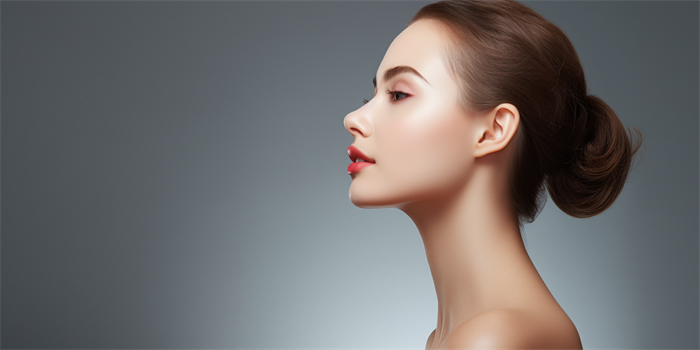Can I Eat Beef After AlloDerm in Dublin?
Understanding AlloDerm Procedure
AlloDerm is a type of graft material used in various surgical procedures, including dental implants, hernia repairs, and breast reconstruction. It is derived from donated human skin and is processed to remove cells, leaving behind a collagen matrix that promotes natural tissue regeneration. The procedure involves placing this graft in the affected area to support tissue growth and healing. Given the nature of the procedure, patients often have questions about their dietary restrictions post-surgery, particularly regarding the consumption of beef.

Dietary Considerations Post-AlloDerm
After undergoing an AlloDerm procedure, it is crucial to follow a diet that supports healing and minimizes the risk of complications. Generally, patients are advised to avoid hard, crunchy, or spicy foods immediately after surgery to prevent irritation or damage to the surgical site. As for beef, it is typically considered safe to consume, but it should be prepared in a way that is easy to chew and digest. For instance, well-cooked, tender cuts of beef are preferable to raw or undercooked meat.
Nutritional Benefits of Beef
Beef is a rich source of protein, iron, zinc, and B vitamins, all of which are essential for healing and maintaining overall health. Protein, in particular, is vital for the repair and regeneration of tissues. Therefore, incorporating lean cuts of beef into your diet can be beneficial post-surgery. However, it is important to choose leaner cuts to avoid excessive fat intake, which can be harder to digest and may slow down the healing process.
Potential Risks and Precautions
While beef can be a nutritious addition to your diet after an AlloDerm procedure, there are potential risks that need to be considered. For example, consuming undercooked or contaminated beef can lead to foodborne illnesses, which can complicate the healing process. It is essential to ensure that all meat is thoroughly cooked and stored properly to minimize these risks. Additionally, patients with specific dietary restrictions or allergies should consult their healthcare provider before incorporating beef into their diet.
Consultation with Healthcare Provider
Ultimately, the decision to include beef in your diet post-AlloDerm should be made in consultation with your healthcare provider. They can provide personalized advice based on your individual health status, the specifics of your surgery, and any other relevant factors. Following their guidance will help ensure a smooth recovery and optimal healing.
FAQ
Q: How soon after an AlloDerm procedure can I start eating beef?
A: It is generally recommended to wait until the surgical site has healed sufficiently, which can take a few weeks. Your healthcare provider will provide specific guidance based on your recovery progress.
Q: Are there any specific cuts of beef I should avoid?
A: It is advisable to avoid tough cuts of beef that require extensive chewing. Opt for tender, well-cooked cuts that are easy to digest.
Q: Can I eat beef if I have a food allergy?
A: If you have a known allergy to beef or any other food, it is crucial to avoid it. Consult your healthcare provider for alternative protein sources that are safe for you.
Q: What are the signs of complications from eating beef post-surgery?
A: Signs of complications may include pain, swelling, or infection at the surgical site, difficulty swallowing or digesting food, and signs of foodborne illness such as nausea, vomiting, or diarrhea. If you experience any of these symptoms, contact your healthcare provider immediately.
In conclusion, while beef can be a nutritious part of your diet after an AlloDerm procedure, it is important to follow your healthcare provider's advice and take necessary precautions to ensure safe consumption. Proper preparation and monitoring can help you enjoy the benefits of beef while supporting your recovery.




